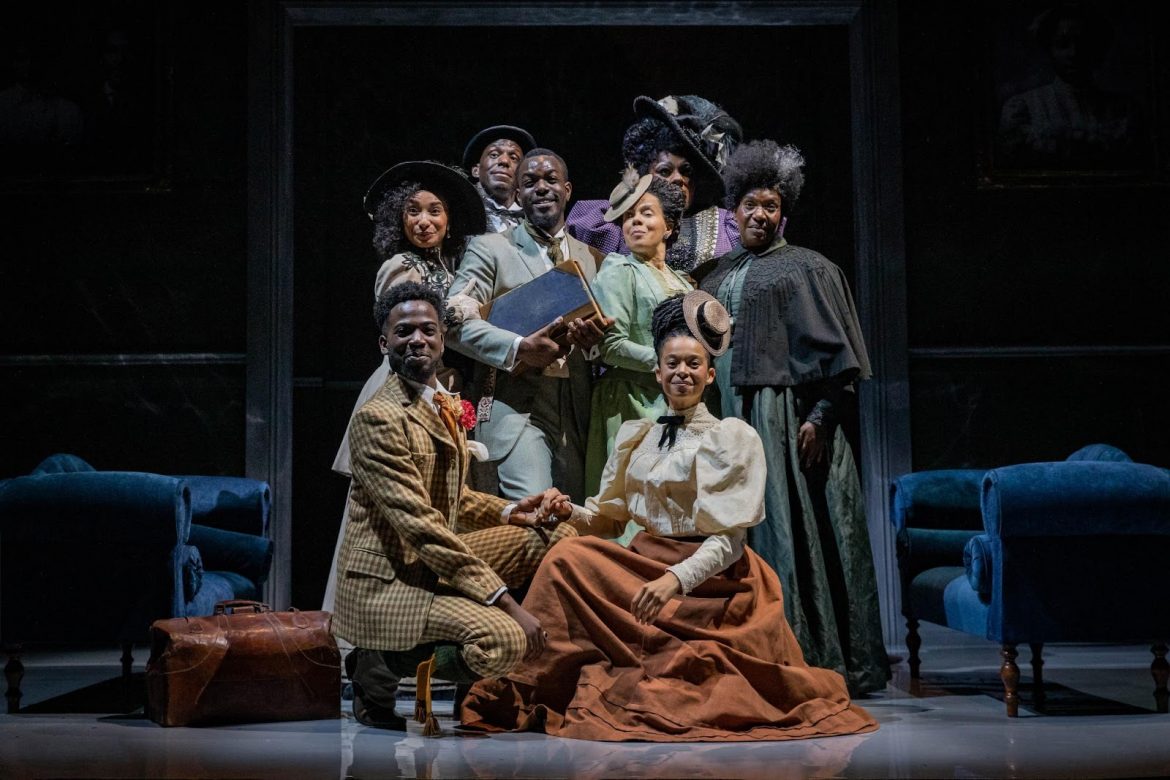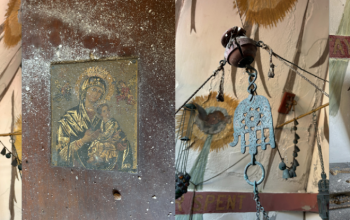Denzel Westley-Sanderson’s adaption of ‘The Importance of Being Earnest’ creatively plays with Oscar Wilde’s high-society characters and embraces the farcical story.
The play ran at Kingston’s Rose Theatre from November 1 and ended on November 12 and, like many plays shown at the theatre, defied expectation.
The theatre director Westley-Sanderson used the play to draw attention to the lives of the often-forgotten Black Victorians, who were an integral part of 19th century society. British knowledge of this history is widely lacking and offers a distorted view on Black British history, with many people resting on the ill-informed assumption that this history was scarce prior to the Windrush generation of the 1950s.
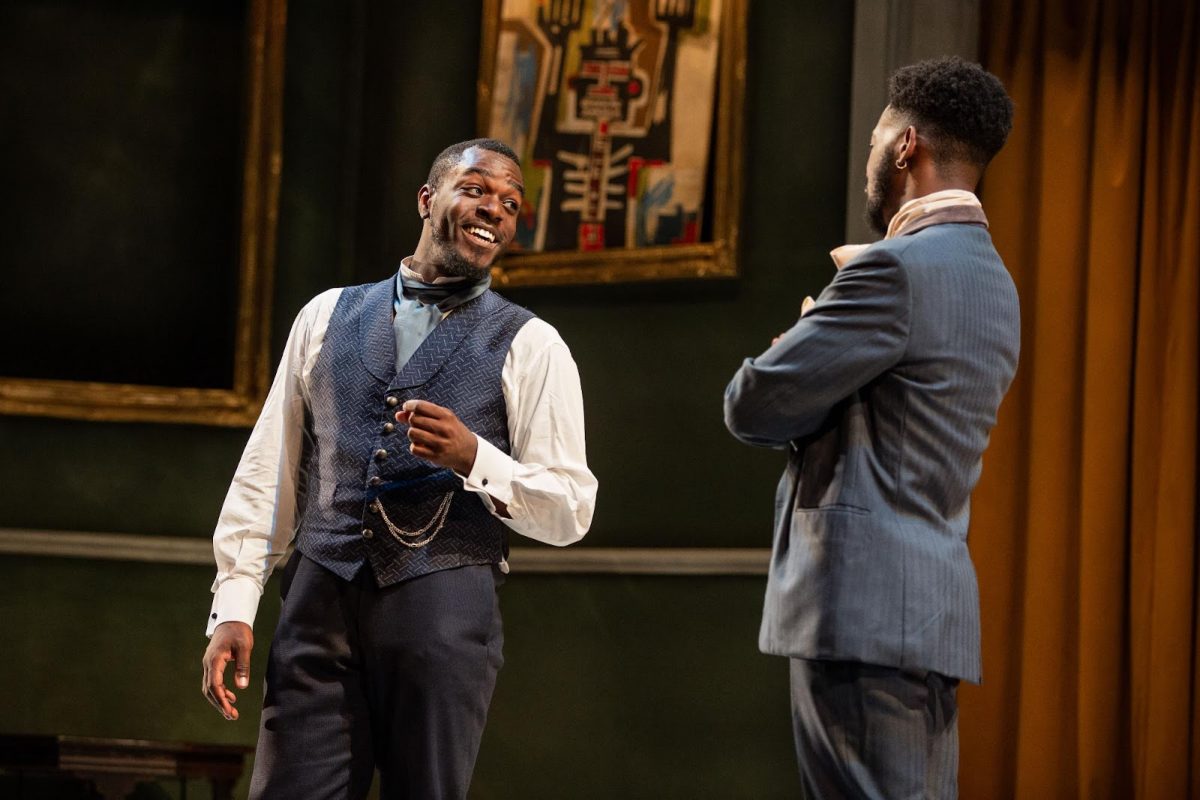
To acknowledge these lives and educate the British public on overlooked history, Sanderson used a cast of talented black actors. He attempted to invite people into their unnoticed world and express his character’s humanity.
This attempt began at the entrance to the Rose Theatre which displayed the Black Chronicles Exhibition, an exhibition of portraits by the National Portrait Gallery, London. The display, entitled ‘The Missing Chapter’, focused on unearthing nineteenth century photographs of black presences within the British archives. The inclusion of the photographs educated people before the show even began.
Westley-Sanderson invited us into these lives from the very beginning with a cast of hilarious and relatable characters. In his professional debut, Abiola Owchonia played Algernon Moncrief. Despite his extravagances and genuine belief that he is burdened by his social status, his character was immediately likable. Moncrief felt homely and familiar, which was perhaps deliberately accentuated by small details such as Owokonira appearing barefoot on stage.
Similarly, Justice Ritchie as John Worthing (or the original ‘Earnest’) did well to express relatability throughout. Through the continual mishaps he faces, we’re reminded of his humanity as even for the highest members of society- nothing ever goes right.
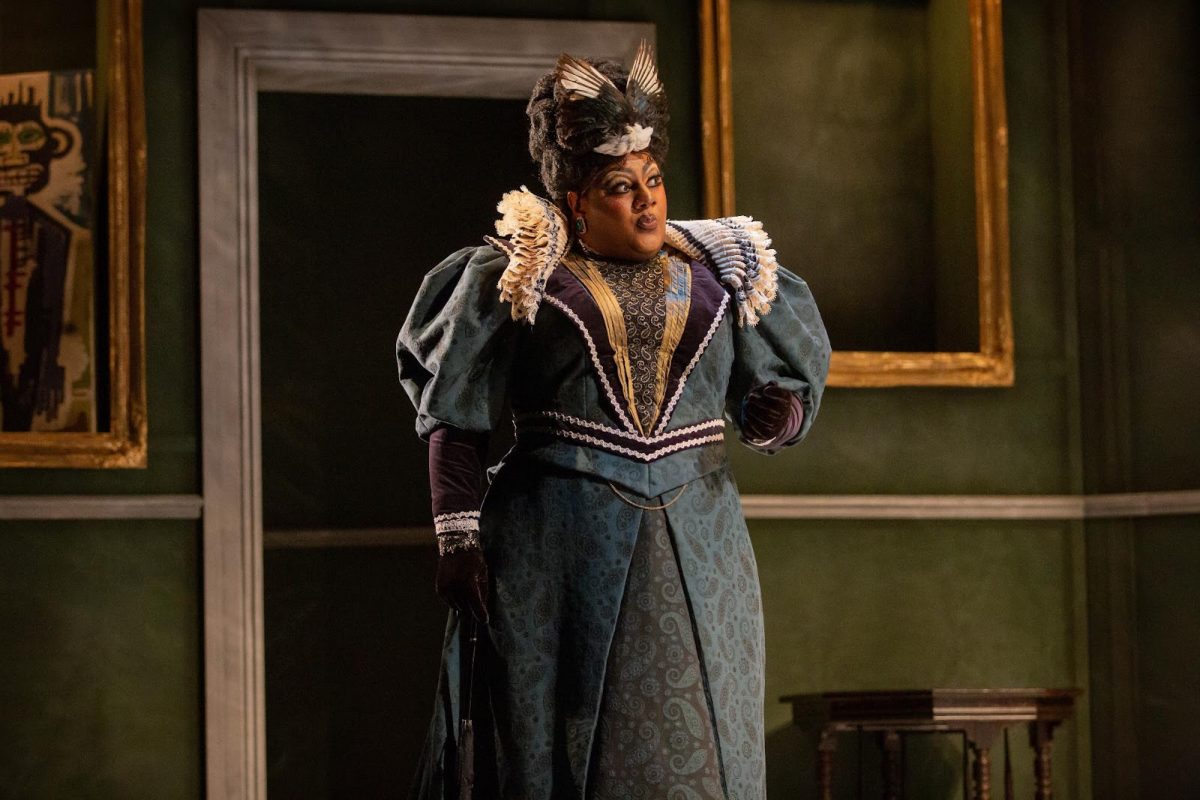
Another striking element of the play was the exploration of gender roles. Just when you think Oscar Wilde couldn’t get any more camp – a drag queen is added to the production. Daniel Jacob played a standout performance as Lady Bracknell. He accentuated the absurdity of the tyrannical character, and his comedic timing was impeccable. The actor wore a ridiculous frilly dress which heavily restricted his movement, but not in the slightest his hilarity. At times, a simple eye roll was enough to induce audience laughter.
Other actors in the play were excited to embrace this extravagance. Phoebe Cambell who played Cecily was a joy to watch. Playing the spoilt character, she nailed the absurdity and received consistent laughter from the audience.
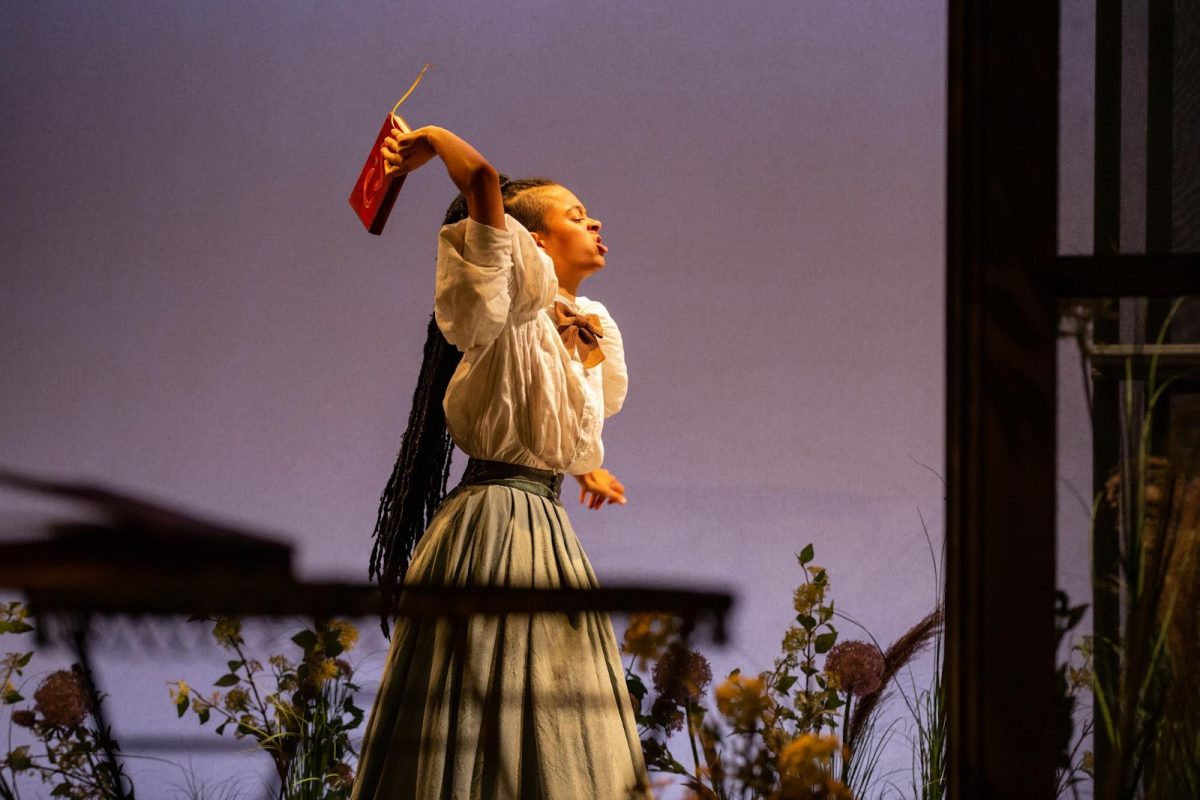
Westley-Sanderson also played with the relationship between Miss Prism (Joanne Henry) and Dr Chausable (Anita Reynolds). He created an obvious sexual tension between the two women which has never been explored before. Which is just another example of the director’s willingness to explore the boundaries of this well-respected play. The adaption pays tribute to Oscar Wilde’s legacy offering a playful progression which its original writer might have enjoyed.
- Liked this article? Read more from culture: A deep dive into The Caucasian Chalk Circle

